The state of the American Union
The state of the American Union is both polarised and ironic. Moderated presidential messaging is needed if there is a chance to become more united and avoid perpetual acrimony
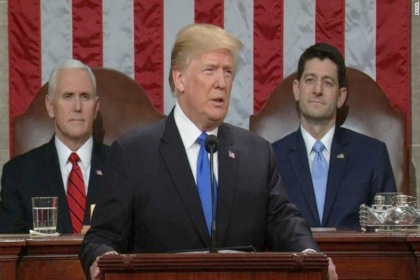 Courtesy: cnn.com
Courtesy: cnn.com
The state of the American Union is both polarised and ironic. Moderated presidential messaging is needed if there is a chance to become more united and avoid perpetual acrimony
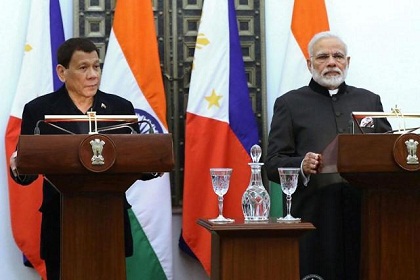 Courtesy: GMA Network
Courtesy: GMA Network
Rodrigo Duterte, President of the Philippines, is a popular, yet controversial figure in a complex country, battling a mix of challenges. In external relations, he has followed a careful balancing policy, giving primacy to China, U.S. and the ASEAN
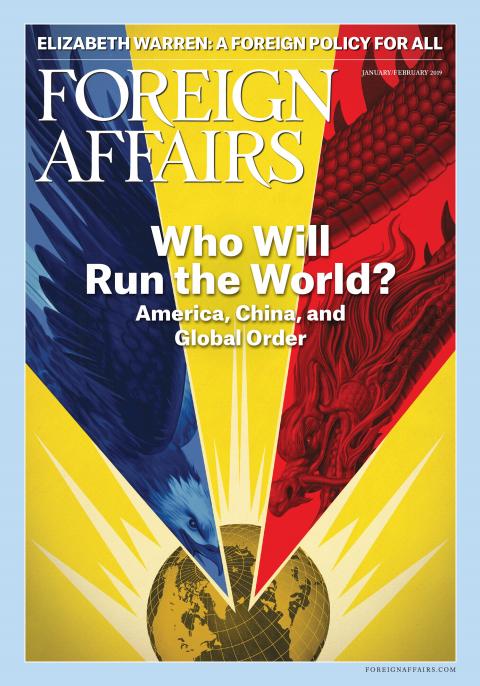 Courtesy: Foreign Affairs
Courtesy: Foreign Affairs
Although China does not want to usurp the United States’ position as the leader of a global order, its actual aim is nearly as consequential. As one Chinese official put it, “Being a great power means you get to do what you want, and no one can say anything about it.” In other words, China is trying to displace, rather than replace, the United States.
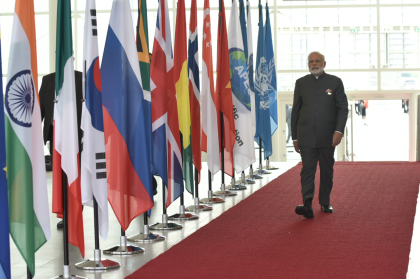 Courtesy: MEA/Flickr
Courtesy: MEA/Flickr
The following remarks were given by Ambassador Rajiv Bhatia, Distinguished Fellow, Foreign Policy Studies, Gateway House as Distinguished Guest Lecturer at IIM Tiruchirappalli on February 3, 2019
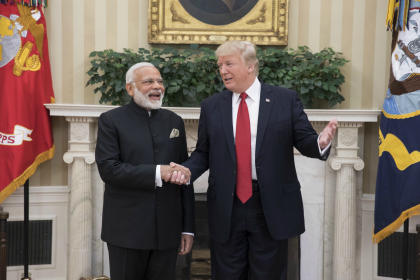 Courtesy: MEA Flickr
Courtesy: MEA Flickr
The imperative for India to move away from its non-aligned posture is now, especially if it wants to be consequential in the global reordering underway. This will play out in the contention between the U.S. on one side, and China and Russia on the other.
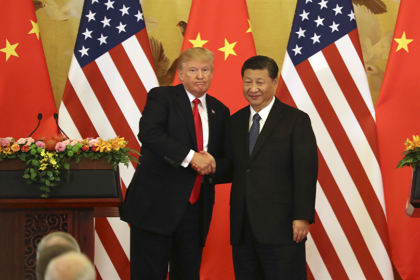 Courtesy: Sputnik News
Courtesy: Sputnik News
Speakers at the seventh Atlantic Dialogues, held in Morocco earlier this month, discussed what the challenge to western dominance and China’s expansionism meant for their political and economic future
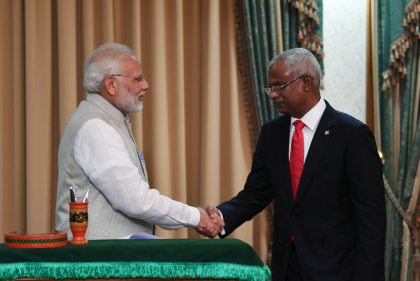 Courtesy: MEA Flickr
Courtesy: MEA Flickr
Maldives president Mohamed Solih comes to India this week, fresh from his election win and with a host of good intentions. His aim is to recast the bilateral and restore balance in Maldives’ external relations after the previous president’s China-centric leanings. Such a reversal may not emerge instantly
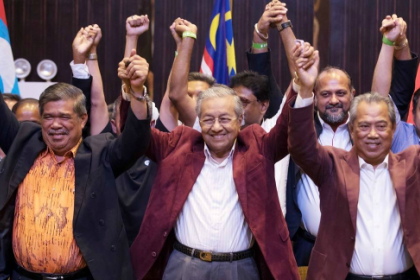 Courtesy: Nikkei Asia
Courtesy: Nikkei Asia
Six months after Malaysia’s parliamentary elections, its domestic affairs are still untidy. The government is combating corruption, but not bringing in constitutional reform. A successor’s name is not emerging clearly either. But Prime Minister Mahathir Mohammad’s foreign relations priorities – principally, Japan and China – are in order
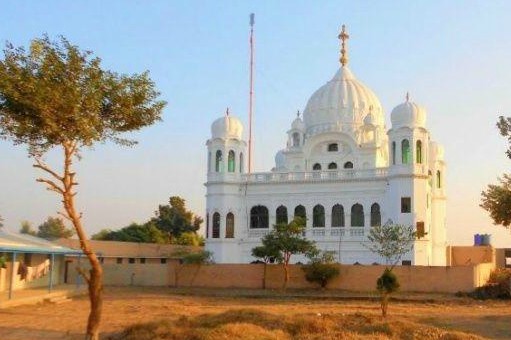 Courtesy: India Times
Courtesy: India Times
The recent opening of the Kartarpur corridor in Punjab and the release of a Canadian parliamentary report on the security breach during Prime Minister Justin Trudeau’s India visit are important developments. They present a good opportunity for New Delhi to step up cooperation with Ottawa on countering terrorism and violent extremism
Academic and columnist M.D. Nalapat, in this interview with Manjeet Kripalani, speaks of how a tardy bureaucracy has brought about “a too-cautious” policy towards the U.S. and China as opposed to the former Gujarat chief minister’s greater openness in consulting people before handing over policy implementation to the bureaucracy. He also discusses the prime minister’s shrewd approach to South Asia, the dependable warmth of the Japanese and a range of other topics